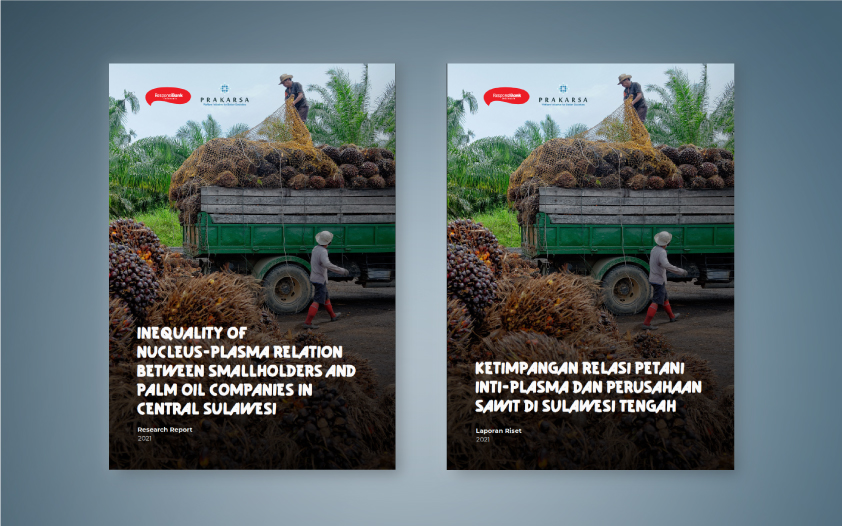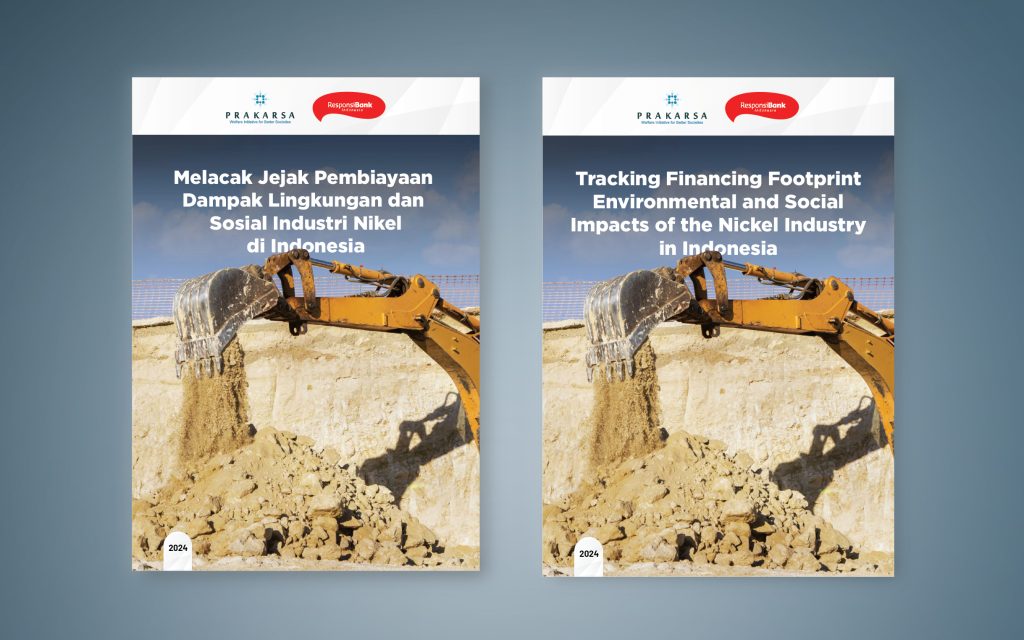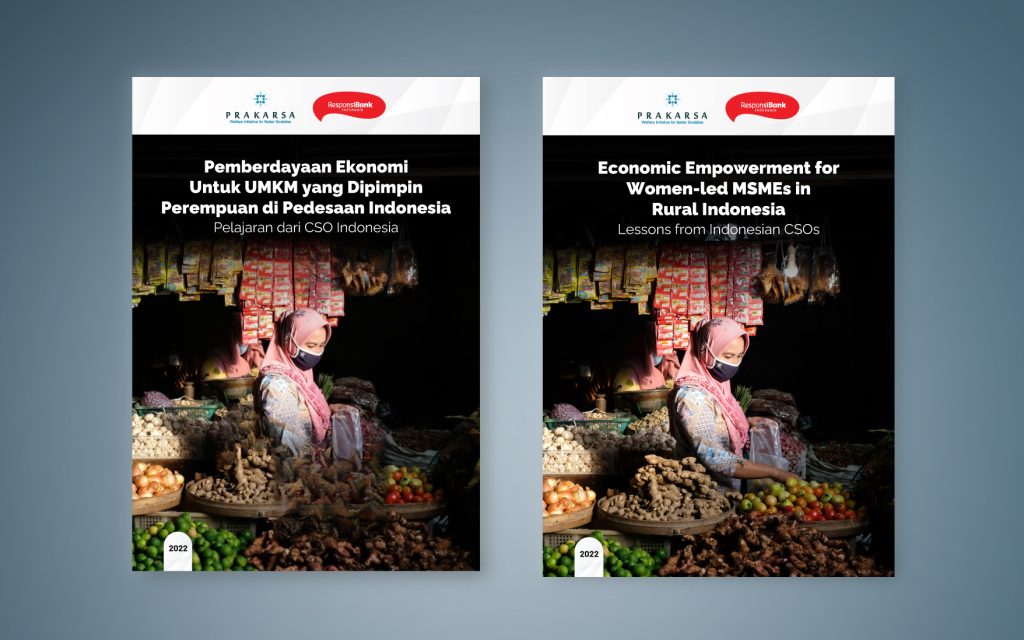
Palm oil prices continue to skyrocket in the midst of a pandemic!
Does the country benefit? 35% of the national palm oil production comes from smallholder oil palm plantations. Does this mean that small-scale oil palm farmers also benefit?
But research PRAKARSA stated that there are still many problems occurring in the palm oil sector. Illegal financial flows of USD 40,47 billion came from the palm oil sector. Environmental and social problems also keep recurring.
A recent study by Responsibank Indonesia on the relationship between smallholders and oil palm companies in Central Sulawesi found that small-scale oil palm farmers were trapped in captive or captive governance applied by companies. Of course this has implications for the low income of farmers. This study found that there are farmers whose income is only IDR 50 thousand rupiah per month!
Behind this kind of rogue corporate practice, there is a role for financial institutions that provide credit and investment. This study found that there were quite a number of banks involved in financing palm oil in Central Sulawesi, mainly from Japan. Even a state-owned bank, namely Bank Mandiri and a private bank, namely Bank Panin were also involved.
So, what is the pattern of prisoner management that ensnares oil palm farmers in Central Sulawesi? What kind of policy recommendations are needed to fix this problem, from the perspective of companies, governments and financial institutions providing capital and investment?
Download the report “Inequality in the Relationship between Core-Plasma Smallholders and Palm Oil Companies in Central Sulawesi” below:



